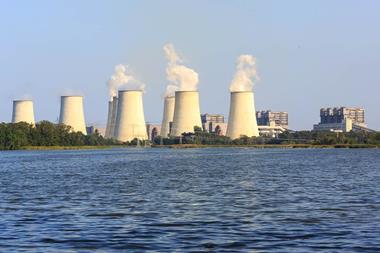The Network for Greening the Financial System (NGFS), a green central banking group, has published a new set of long-term climate scenarios, saying they have been “enriched” to better reflect a more disorderly future.
The orderly scenarios have also been modified to reflect climate policy delays and the energy crisis following the war in Ukraine.
The group also introduced two new scenarios: one exploring the consequences of delayed, divergent, and thus overall ineffective climate action (‘Too-little-too-late’), and a Paris-aligned scenario reflecting the need for substantial behavioural changes to avoid the worst impacts of physical risk (‘Low Demand’).
A ‘Divergent Net Zero’ scenario has been discontinued.
The NGFS also said it enhanced its acute physical risk modelling to include two more hazards (droughts and heatwaves, in addition to river floods and cyclones) and increasing geographical granularity.
The NGFS said its scenarios have become an essential tool for professionals in the public and private sector. They have, however, also come in for criticism, amid calls for a new approach to climate scenarios, for purportedly failing to capture key aspects of the real world, including acute physical risk, politics and policy, unemployment, tipping points, and complex feedback loops.
Announcing the latest phase of the NGFS’s scenarios on LinkedIn, Jean Boissinot, deputy director of the Banque de France, said that with respect to capturing physical risks “no one is claiming to know definitively how to model the macroeconomic impact of extreme weather events or chronic physical risks but we are trying to progress on this front by both improving models and damage functions and examining how to model compounded risks”.
Meanwhile, in its presentation of the new vintage of its climate scenarios, the NGFS said that although the scenarios had been improved “one must be fully aware of the uncertainty and limitations of climate and economic modelling”. It acknowledged that tipping points are not represented in the NGFS scenarios.
Short-term scenarios next
Next on the climate scenario agenda for the NGFS is the development of short-term scenarios. A modelling team to calibrate the scenarios has been selected and is envisaged to start working on the scenarios by the end of this year.
The group is also planning updates of its fourth vintage of long-term scenarios next year, including further sectoral disaggregation and possibly a new chronic physical risk damage function.
The latest digital edition of IPE’s magazine is now available






















